Concert Schedule
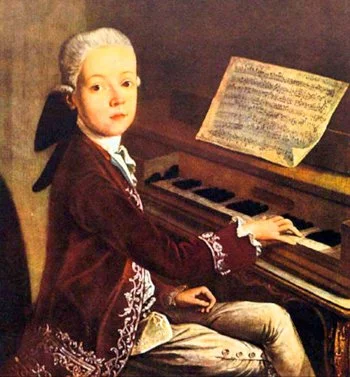
Affections for Amadeus
Perhaps the greatest musical genius the world has ever known, Wolfgang Amadeus Mozart’s innocence, joy, and sincerity lend a truly refreshing taste to his compositional output. In spite of his struggles and untimely death at 35 years old, Mozart nonetheless always found a way to cherish the sublime beauty of our world.
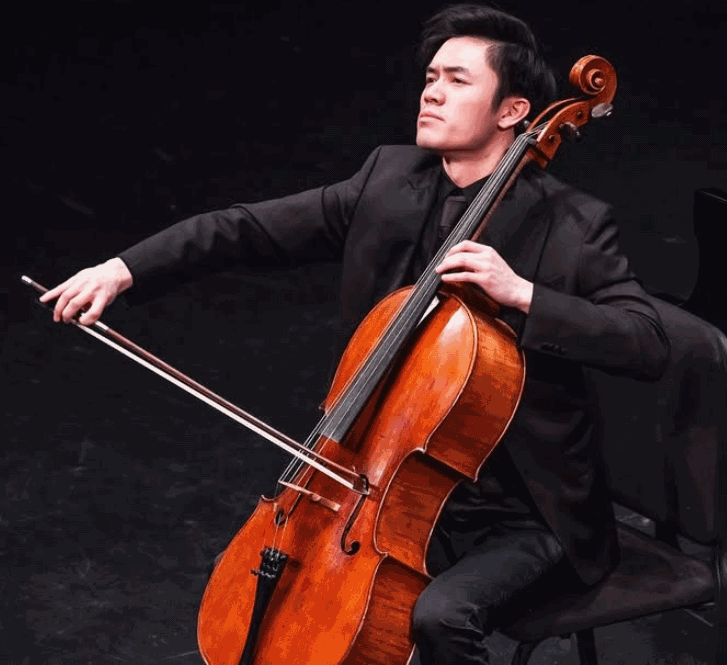
Voice of the Violoncello
Join cellist Benett Tsai, winner of the 2023 Young Concert Artist International Auditions, in a performance celebrating the voice of the cello throughout the ages.
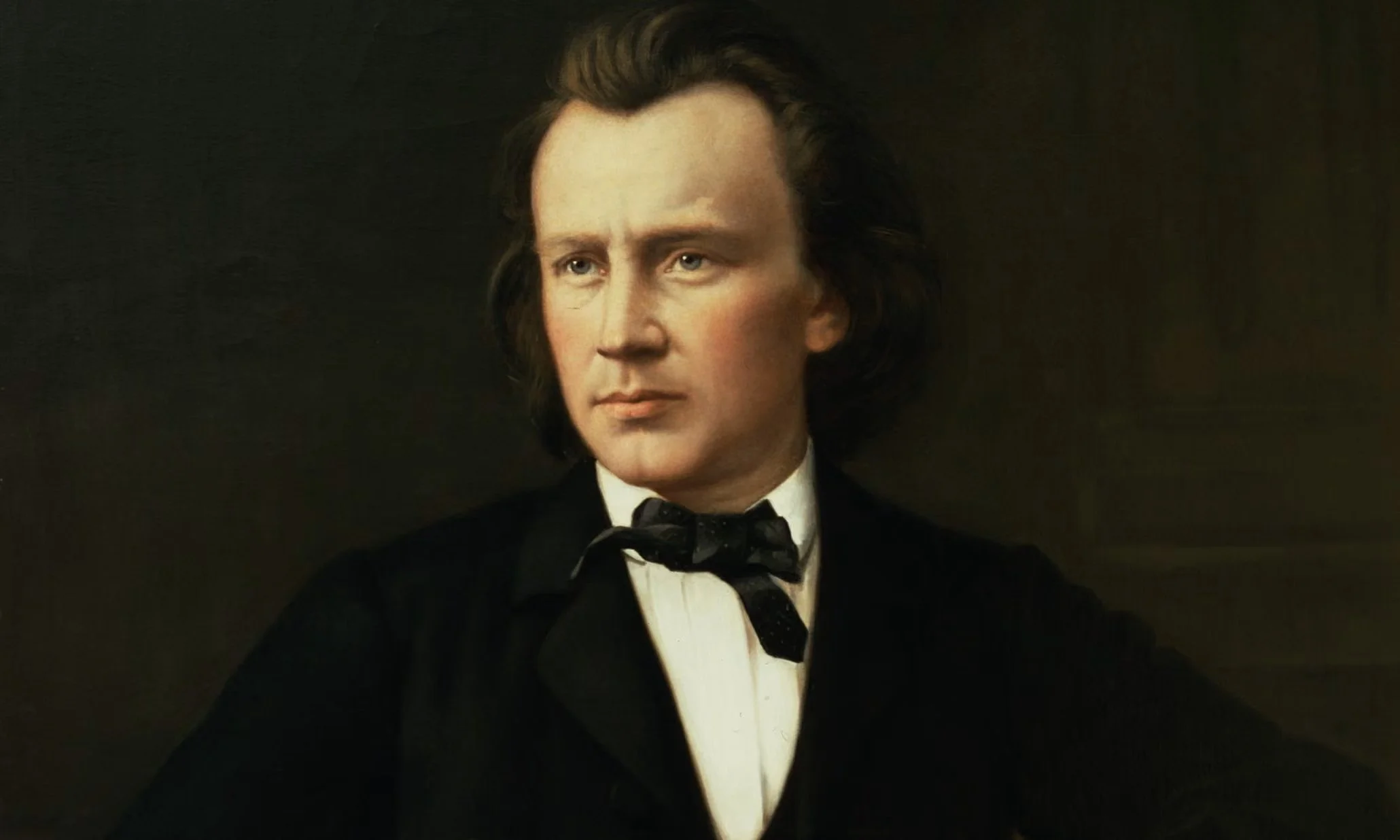
Johannes’ Jubilance
Johannes Brahms is often pictured with his great white beard, weathered and wizened, a portrait of Father Time himself. In this concert we place a different emphasis, luxuriating in the joviality of Brahms, his brightness and joy, and the cheer and optimism that courageously carried him throughout his life.

All is Fair in Love and War
The terrors of World War II and the ensuing Cold War heavily influenced the life and work of Dmitry Shostakovich, whose timeless artistic contributions may have been what kept him tethered to this world during the height of the Communist regime. Robert Schumann’s undying romance with his wife Clara endowed his life with every possible aspect of meaning and significance, right up to its tragic ending.

The Wind in the Willows
Join Flutist Emi Ferguson in an adventure like no other - falling headlong into Francis Poulenc’s diversions and rambunctiousness, stopping to marvel at the pristine poignancy of Prokofiev’s work, and celebrating the poetry and universal Romance of Harry Burleigh’s song transcriptions.

The Gift of the Magi
Artists of all disciplines hope to find that elusive spark of inspiration, the Muse, sharing something with their audience they can never fully comprehend, yet palpably changing the lives of others forever. Discover how many classical composers found meaning in their own lives, and the significance with which they pursued their craft.
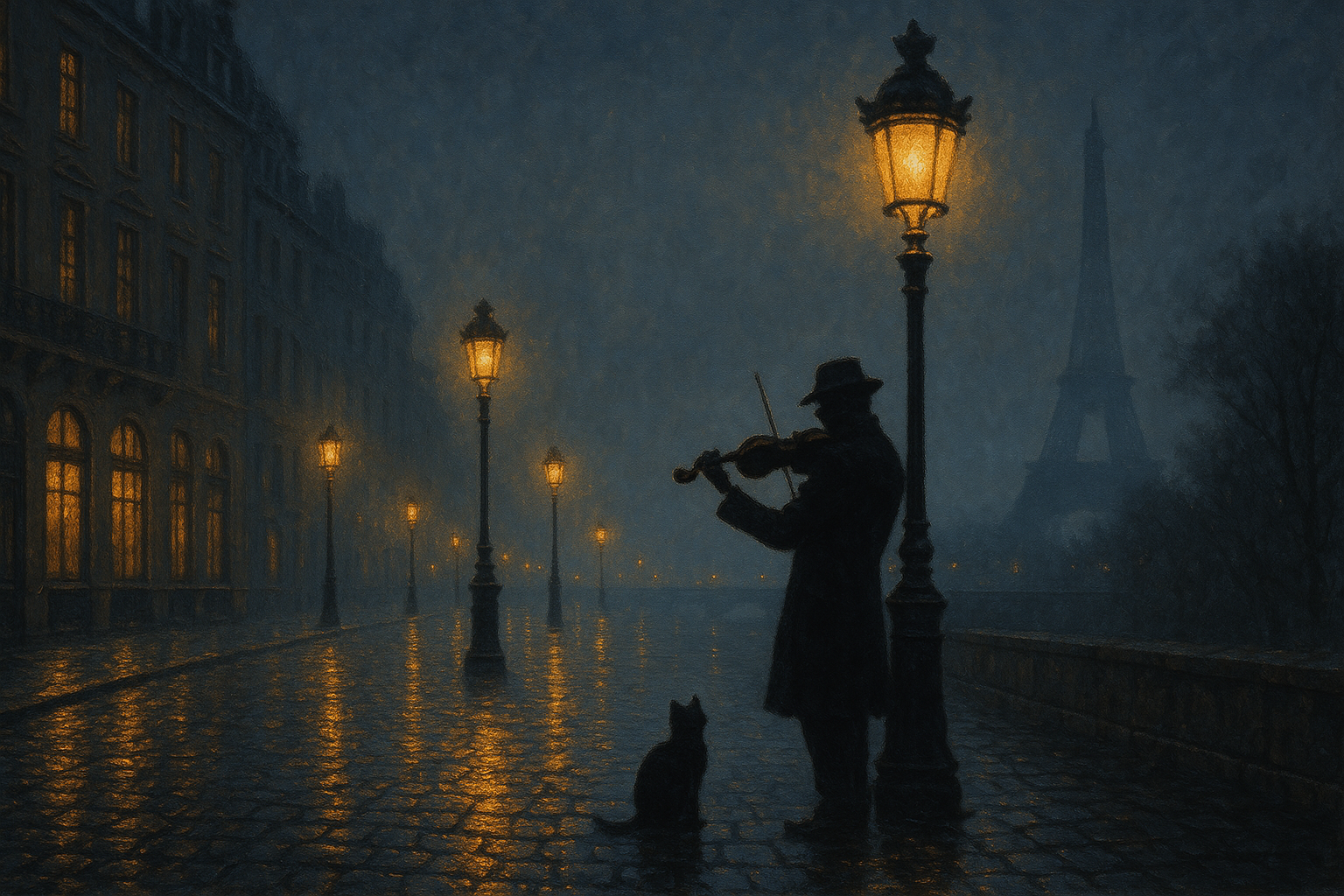
Midnight in Paris
The elegance and charm of France’s cherished music is especially present in Maurice Ravel’s piano trio; poignant progressions moving toward brilliant textures of virtuosic display, evanescent auras of sound passing in and out of one’s awareness, intimations of an intangible, ethereal beauty.

Diabolical Delights
Celebrate All Hallows’ Eve with devilishly delectable selections from Prokofiev and Tartini, flirting with the macabre in music.

Unheard Melodies
Ludwig van Beethoven’s tragic story is only intensified by his deafness, which prevented him from performing, conducting, and even socializing. Witness this man’s stoicism in surpassing his struggle to offer some of the most meaningful melodies the world has ever known.

Quintessential Quartets: Brahms the Gypsy and a Fanciful Fauré
The music of Gabriel Fauré is at once structured and free, restrained and overflowing with emotion, precise and awash with texture; coloring an imagination of pure fantasy. Copland described the slow movement of Fauré’s second piano quartet as “a long sigh of infinite tenderness, a long moment of quiet melancholy and nostalgic charm.” Brahms the stoic, his substance and gravitas anchoring each note, nonetheless finds a way to depict Hungarian gypsy charm, a joyful explosion of virtuosity, the dance rhythm intensifying relentlessly into a climactic finale to our first full season of concerts.

Variations in Verse: Gala Dinner and Concert
Join us in celebration of the success of our inaugural season of concerts! This intimate evening will include a cocktail hour, seated three course dinner, and concert featuring violinist Zino Bogachek and Classical Arts director and pianist, Christopher Schmitt, performing works based on poetry and variation by Schumann, Ravel and Beethoven. We will also hold a silent auction to support our next season of monthly classical music concerts and educational outreach initiatives in Washington.
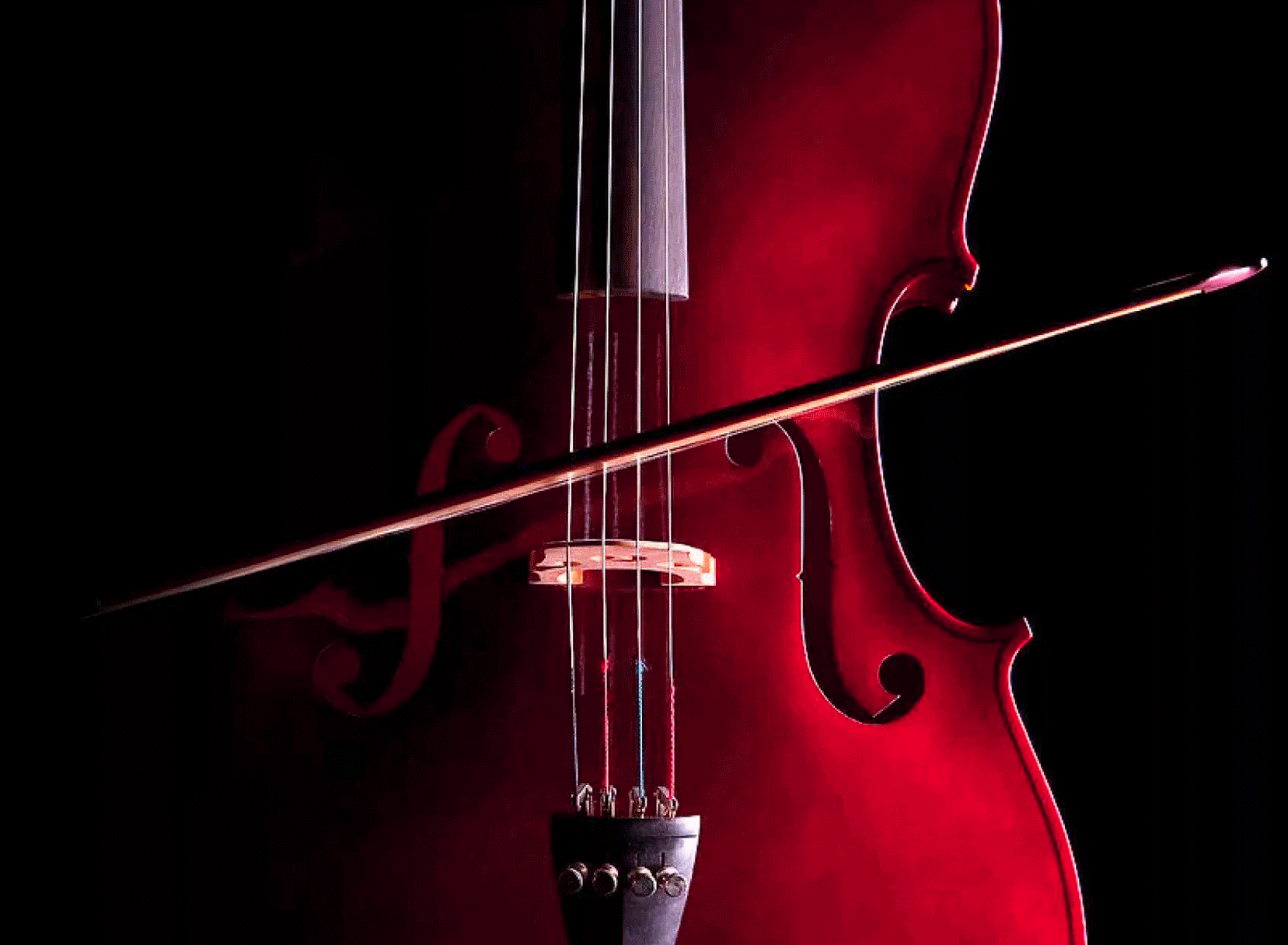
The Red Violoncello: Prokofiev and the Piazzolla Tango
Cellist Loewi Lin of the National Symphony Orchestra will be joined by pianist Christopher Schmitt in presenting a program of Prokofiev, Beethoven, and Piazzolla. The textural clarity and motific identity permeating Prokofiev’s melodic cello lends a charm befitting of its many distinct themes, bringing to mind various operatic characters. Beethoven’s C major cello sonata is a masterpiece of the literature, and Piazzolla’s grand tango, a riveting synthesis of European and Argentine elements.
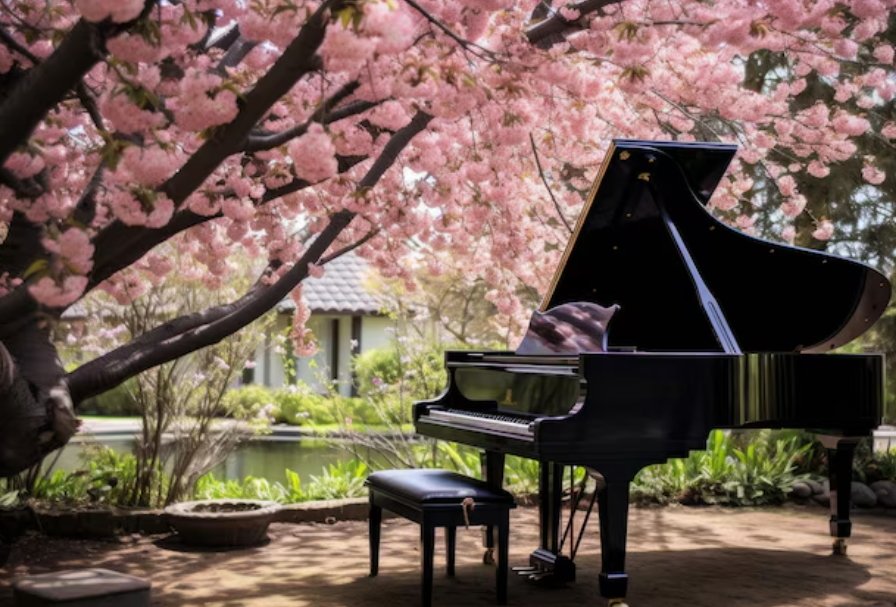
Chopin’s Chérie: Blossoming of Polish Pianistic Sentiments
Born of a French father and Polish mother, the music of Frédéric Chopin represents a beautiful symbiosis of both cultures, synthesizing French texture, form and harmony with Polish dance and rhythmic flair. Chopin’s amorous, decade-long relationship with novelist Amantine Lucile Aurore Dupin, who wrote under the pen name George Sand, was a primary influence in his life and art. Chopin’s solo piano music formed a bond between the two lovers that, once severed, seemed to precipitate the composer’s demise: after all, Chopin’s cello sonata, the last work of his published during his lifetime, was composed near the end of the tumultuous relationship. Cellist Joseph Gotoff and pianist Christopher Schmitt will perform this work, alongside an anthology of Chopin’s solo piano pieces, befitting the salon style concerts the composer was so fond of.
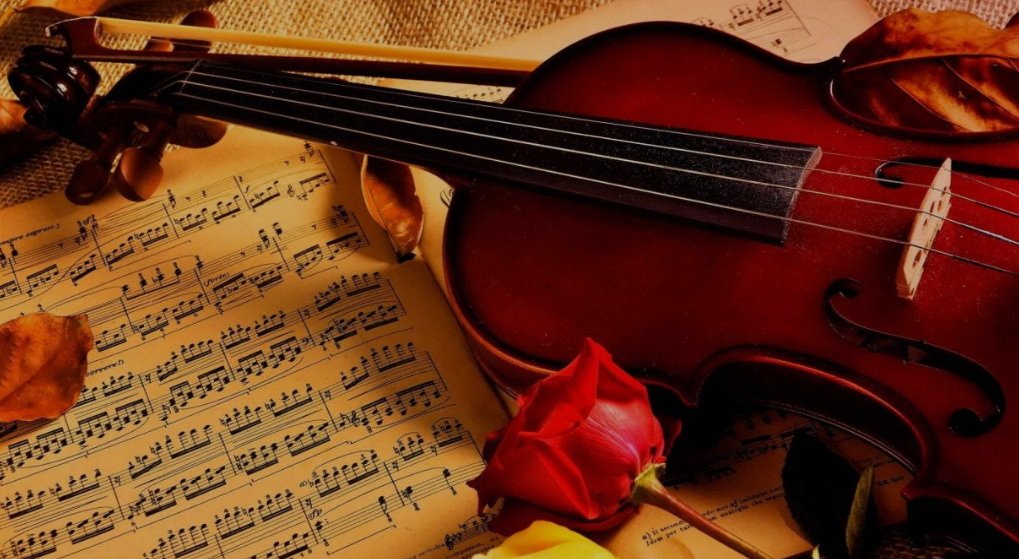
Afflictions of Affection: Brahms Trio and a Couple of Schumann
These quintessential Romantics; Johannes Brahms, Robert Schumann, and Clara Schumann, were not only profoundly expressive throughout their compositional output, but were also deeply affectionate in their own personal lives, savoring tender feelings of passion and love. Robert’s wife, Clara, was perhaps the most influential pianist of her generation, and a masterful composer in her own right. She maintained a close friendship with Brahms throughout her life, and especially after the passing of her husband in a psychiatric asylum at the age of 46. The richness of their musical language of these three composers, their shared life experiences, and the profound effects they had on the arts as a whole, are especially pronounced in a piano trio setting. Join violinist Zino Bogachek, cellist Loewi Lin, and pianist Christopher Schmitt in a performance of works by these three composers, celebrating what it is to be a Romantic.

Frozen in Time: Wintrous Tempests of Shostakovich and Rachmaninoff
The music of Dmitry Shostakovich represents an outpouring of emotional intensity amidst the suppression and terror of living in a Stalinist dictatorship. Although Shostakovich was never arrested for his compositional output, he was formally denounced by his authoritarian government multiple times for his art, and lived in a state of fear that he would be exiled, just as his grandfather had been decades before. This sense of deep sensitivity, expressed in such a restrained context, lends his music a certain desperation, all the more poignant because it is often found below the surface of an icy exterior. Sergei Rachmaninoff's sonata for cello and piano is nearly symphonic in its breadth and variety of expression and texture. Quintessentially Romantic, the work’s complexities focus to bring about a multitude of worlds: existential wondering, fear and trembling, the sweet intimacy and unbridled passion of true love, and the celebratory revelry of a life lived courageously.

Pied Piper: Woodwind Wonders of Poulenc and Prokofiev
Hailed by critics for her “hauntingly beautiful performances,” New York based flutist Emi Ferguson will perform a riveting program anchored by the flute sonatas of Francis Poulenc and Sergei Prokofiev. The French charm and fascination with wind idioms which grace the Poulenc provide a stark contrast to the clear and somber quality of the Soviet influenced work of Prokofiev. Emi’s own transcription of Henry T. Burleigh's song cycle Five Songs on Poems by Laurence Hope sets the poetry of British writer Adela Florence Cory in a soulfully invigorating context.

Ghosts of Beethoven: Spectres of Shakespearean Yore
Beethoven’s “Ghost” Trio for piano and strings, Op. 70 No. 2, realizes so many hallmarks of what makes this composer so cherished, even in modern times. The utter contrasts apparent from the first seconds of the work; juxtapositions of rambunctious joy and sublime soaring melody abound in the outer movements. However, the “Ghost” and true essence of the piece lies in its center movement, betraying and fully expressing the full gamut of inner conflict lying in the center of the man who composed it, and quite possibly contained deep within all who appreciate it.
Death’s Draught: Prokofiev’s Romeo at a Funeral of Chopin
Join violist Erika Gray and pianist Christopher Schmitt in a celebration of the macabre just in time for Hallow’s Eve! Prokofiev’s Romeo and Juliet Suite memorializes innocence and youth, conflict and injustice, and ultimately the bittersweet embrace of death. Chopin’s four movement “Funeral March” Sonata highlights the poignancy of longing and despair in one of the most widely recognized tropes in all of classical music.
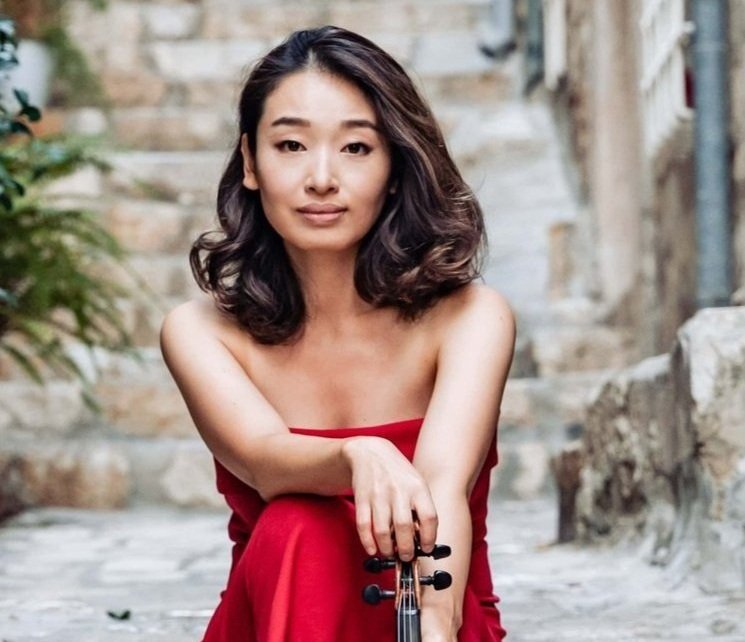
Virtuoso Violinist: Nuptial Offerings of César Franck
César Franck’s violin sonata is a bastion of the repertoire; depicting moments of cherished nostalgia, a tempestuouso recurring theme of escalating intensity and drama, and a final canonical movement of exuberance and celebration, wedding bells pealing throughout it’s finale. The matrimonial associations of the work don’t end with its textures however; the piece itself was offered as a wedding gift to a dear friend, the violin virtuoso Eugene Ysaÿe, who was a great composer in his own right. Ysaÿe’s work will be paired with a sonata of Beethoven, whom both composers held in high admiration throughout their careers.
